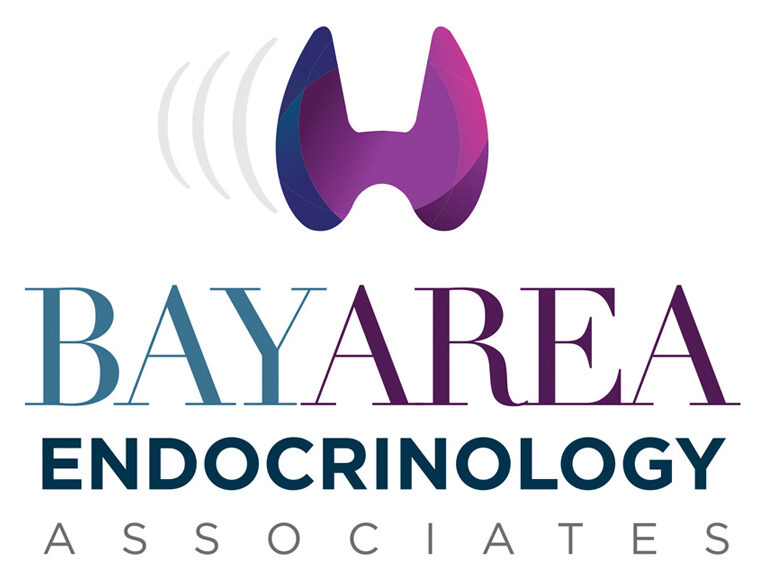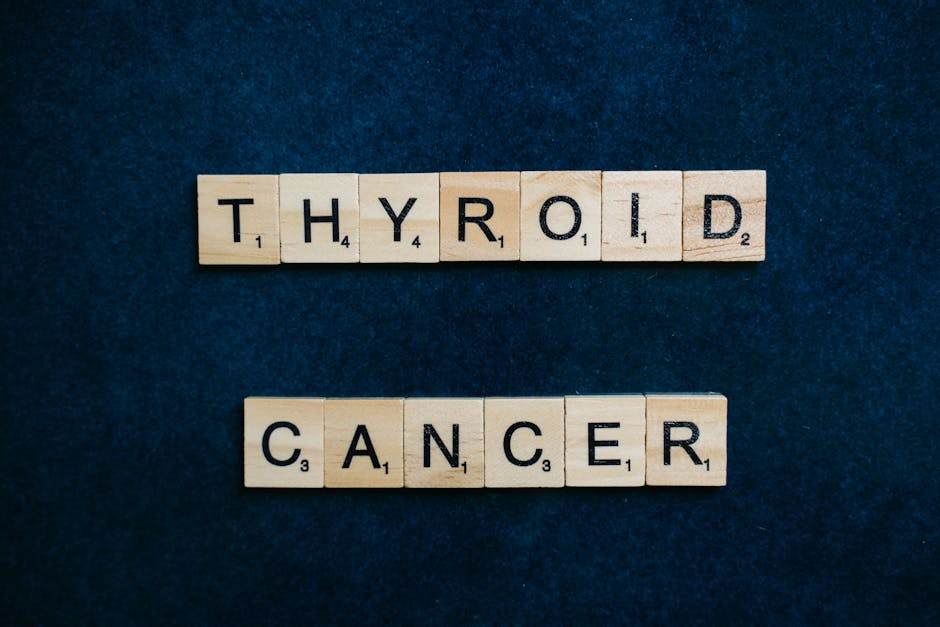Hashimoto’s thyroiditis, an autoimmune disorder, is a condition that inflames and damages the thyroid gland. This disorder is responsible for causing hypothyroidism in millions of people in the United States alone, making it the most prevalent cause of this condition. In this blog post, we will delve into Hashimoto’s intricacies, exploring its impact on the body, the symptoms accompanying it, and the various treatment options available from endocrinologists. By the end of this article, you will have a comprehensive understanding of the common disorders caused by Hashimoto’s and how to manage its effects.
What Happens When a Person Gets Hashimoto’s?
Hashimoto’s thyroiditis is a chronic autoimmune disorder that develops gradually, caused by the immune system attacking and inflaming the thyroid gland, which leads to damage over time. This gland is a vital organ responsible for producing hormones that regulate the body’s metabolism. Therefore, when it is damaged, hormone production is disrupted, resulting in many symptoms that can significantly impact one’s quality of life, such as fatigue, weight gain, constipation, depression, and more.
This condition affects millions of people in the United States, with women being more prone to it than men. Additionally, Hashimoto’s is more prevalent in people over 60 and can have a genetic component, meaning that if someone has a close relative with the condition, they may be at an increased risk of developing it themselves.
If left untreated, Hashimoto’s can lead to severe complications such as goiter, heart problems, and in rare cases, thyroid cancer. However, effective treatment options are available, including hormone replacement therapy and medications that can help regulate hormone levels and reduce inflammation in the gland. Consulting an endocrinologist or a doctor is crucial for accurately diagnosing and developing a personalized treatment plan.
What Does Hashimoto’s Feel Like?
The symptoms of Hashimoto’s can vary from person to person, and some people may not experience any symptoms at all. However, common symptoms include:
• Fatigue
• Weight gain
• Sensitivity to cold
• Constipation
• Dry skin
• Hair loss
• Joint pain
• Muscle weakness
• Depression
• Difficulty concentrating
• Irregular menstrual periods
If you are experiencing any of these symptoms, it is essential to talk to your doctor. They can perform a blood test to check your hormone levels and determine if you have Hashimoto’s.
What is the Main Cause of Hashimoto’s Disease?
The main cause of Hashimoto’s is not known, but it is believed to be a combination of genetic and environmental factors. Certain genes may make a person more susceptible to developing Hashimoto’s, and environmental factors such as radiation exposure, iodine intake, and viral infections may trigger the autoimmune response.
What Treatment Options Are Available?
Treatment options for Hashimoto’s thyroiditis vary depending on the severity of the condition. The primary goal of treatment is to normalize thyroid hormone levels and alleviate symptoms. Hormone replacement therapy, which involves taking a synthetic thyroid hormone known as levothyroxine, is one common treatment. This medication is typically taken once daily to replace the hormone the gland is no longer producing.
In addition to hormone replacement therapy, you can make several lifestyle changes to help manage your symptoms. These include:
• Eating a healthy, balanced diet
• Getting regular exercise
• Managing stress
• Avoiding smoking and excessive alcohol consumption
If your symptoms are severe or your thyroid gland is significantly damaged, your endocrinologist may recommend surgery to remove all or part of the damaged gland.
Book an Appointment
To receive proper treatment for Hashimoto’s, it is crucial to seek out the expertise of an experienced endocrinologist. At Bay Area Endocrinology Associates, we specialize in diagnosing and treating various thyroid disorders, including Hashimoto’s thyroiditis. To explore our comprehensive treatment options, including those for Hashimoto’s, please visit our webpage on Hashimoto’s thyroiditis treatment. If you need assistance with your Hashimoto’s treatment, book an appointment today.
Seeking the advice and treatment of a qualified endocrinologist is essential to managing symptoms of Hashimito’s Thyroiditis and improving outcomes. With various treatment options available, including hormone replacement therapy, lifestyle changes, and surgery in severe cases, working with a healthcare professional can make a significant difference.
Moreover, raising awareness about Hashimoto’s thyroiditis and other thyroid disorders is crucial, as early detection and treatment can help manage symptoms and improve outcomes. If you or someone you know is experiencing symptoms of Hashimoto’s thyroiditis, it’s important to encourage them to seek medical attention.
At Bay Area Endocrinology Associates, we specialize in the diagnosis and treatment of disorders caused by Hashimoto’s, including Hashimoto’s thyroiditis. We are dedicated to helping our patients achieve optimal health and wellness. Visit our webpage on the topic for more information, and book an appointment with us today to start your journey towards better health. Don’t let Hashimoto’s thyroiditis control your life – take control of your health today.








